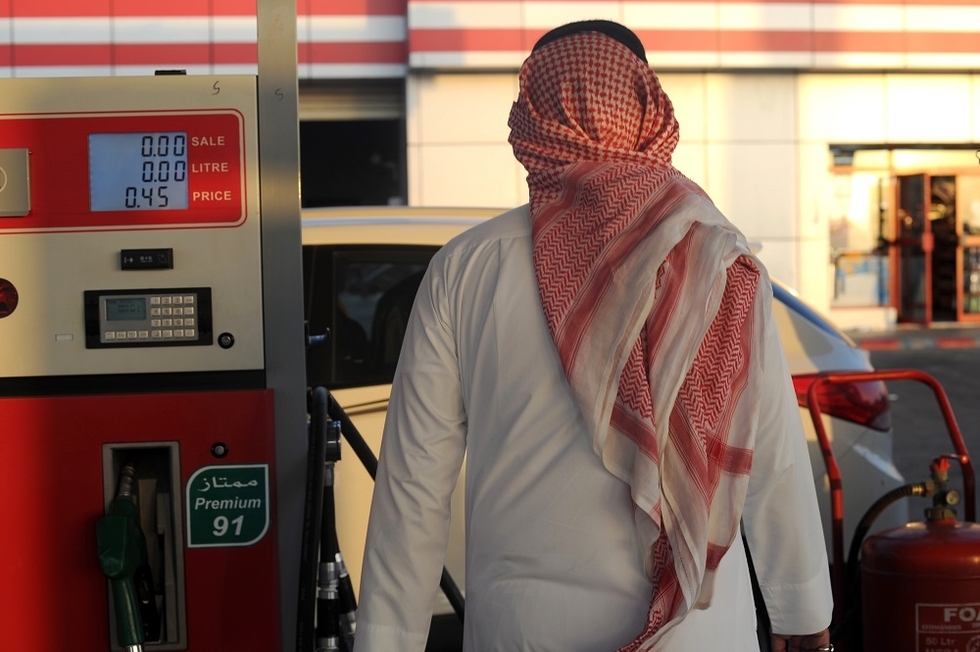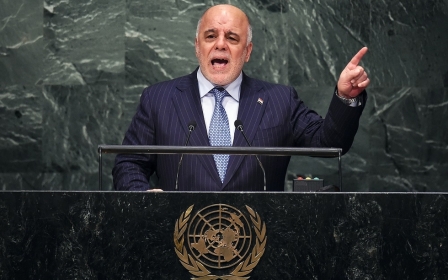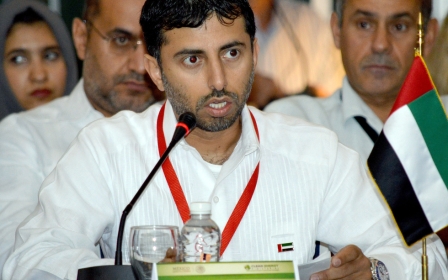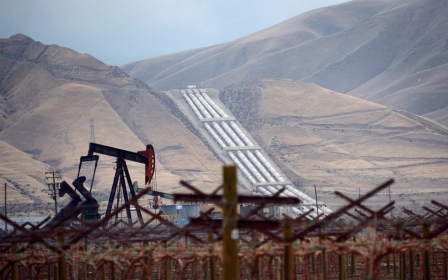Oil price rises as Saudi Arabia and Russia agree output freeze

Saudi Arabia and Russia have agreed to freeze oil production at January levels, Qatari and Saudi oil ministers said on Tuesday, pushing oil prices to a two-week high.
The announcement followed a closed-door meeting between Saudi Arabia, Russia, Qatar and Venezuela in Doha, the Qatari capital, to address the 18-month downward slide in the cost of oil fuelled by a global supply glut.
Freezing output at January levels would be “adequate” to stabilise the oil market, Saudi oil minister Ali al-Naimi said.
Saudi Arabia, Qatar and Venezuela are all members of OPEC, while Russia is the largest non-OPEC oil-producing nation.
Brent crude, the international benchmark oil price, increased six percent to a near two-week high on the news.
But analysts still warn of trouble ahead, given that the freeze is conditional and may prove insufficient to counter global downward pressures such as an economic slowdown in China.
City Index analyst Fawad Razaqzada told AFP that the deal was only a "a conditional agreement to freeze crude production at January levels," rather than a cut in output.
"The news has actually disappointed the market slightly because some people had hoped to see a cut rather than a production freeze," he added.
Olivier Jakob, head of oil consultants Petromatrix GmBh, said in a note to clients before the meeting concluded that while it was a "step in the right direction" in the "short term, oil prices may come under some pressure".
He went on to call for other major producers to follow suit in order to help "prevent oil prices from suffering further big falls," Bloomberg reported.
"A freeze would not create an immediate U-turn but it creates a better foundation for the price recovery in the second half," he wrote.
Saudi Arabia has been seen as the ringleader behind OPEC's decision to not cut oil supply despite downward price pressure, thereby pushing prices to 13-year lows of below $30 a barrel late last month.
Analysts believe that the move was intended to put investors off new alternatives such as US shale oil and gas and to block competition from Iran which is expected to seriously step up production following last year's nuclear deal.
The oil cartel is not set to meet until June, but pressure within it and from other oil producers to cut production and therefore help to inflate prices, has been growing.
Reuters said the announcement showed that "the mood may be finally shifting among producers that until now have been determined to defend market share and not prices".
Asian markets extended their rally on Tuesday over speculation that the major oil producers could agree action to ease a global supply glut but confidence elsewhere remained tepid.
A survey of German analysts and institutional investors, released on Tuesday but carried out shortly before the oil output freeze announcement, found that investor sentiment had fallen to a 16-month low due to fears of a global economic slowdown and concerns over oil prices.
"The looming slowdown of the world economy and the uncertain consequences of the falling oil price put a strain on the ZEW" index, the statement by the Centre for European Economic Research in Mannheim said.
"In view of these developments, the concern over an increased credit default risk has already caused stock and bond prices for many banks in Europe, Japan and the US to slump," said Sascha Steffen, ZEW's head of international finance and financial management research.
Iran meanwhile said that it intends to maintain its oil market share although it said "there is room for discussion" on output. Iraq and Venezuela are now due in Tehran for further talks on the issue within 24 hours.
Oil Minister Bijan Zanganeh's comments avoided a specific reaction to reports that Saudi Arabia and Russia have agreed to freeze production - on condition that other major oil states do the same.
"What is important first of all is that right now the oil market faces an output surplus and, secondly, Iran won't relinquish its share," he said.
Middle East Eye propose une couverture et une analyse indépendantes et incomparables du Moyen-Orient, de l’Afrique du Nord et d’autres régions du monde. Pour en savoir plus sur la reprise de ce contenu et les frais qui s’appliquent, veuillez remplir ce formulaire [en anglais]. Pour en savoir plus sur MEE, cliquez ici [en anglais].




